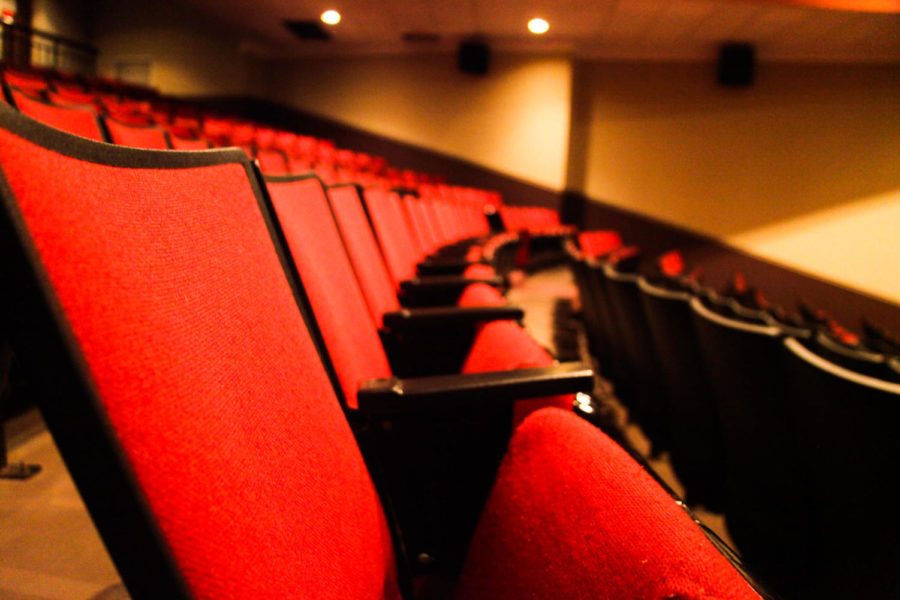Doc Films is launching a donation drive to fund nearly $60,000 in equipment upgrades to replace audio equipment last updated in 1986. The group, founded in 1932, is one of the oldest student-run film societies in the country, running low-cost screenings at Max Palevsky Cinema in Ida Noyes Hall for decades.
Amid the need to update equipment, the RSO had its budget halved by Student Government at the start of the year. This has already led to a reduction in spring quarter screenings. However, Doc Films told The Maroon that it wants neither to limit screenings further nor to increase the $7 ticket price per screening, which has remained consistent for years.
“We want to keep our theater at a low cost but also a high quality. And so I don’t think raising ticket prices [is] really in our future. [Our price] is kind of the ideal price that we think students are down for, that our regular patrons are fine with paying,” said Doc Films General Chair Hannah Yang. “But as of now, we are able to play those screenings, and we want to continue to show as many things as possible, especially because the mission behind Doc [Films] is to fulfill the undergrad film experience, so you can see as many things in the four years that you’re here.”
The upgrades would include a central audio processor to improve sound quality for both classic 35 mm film and modern cinema, a control panel for a more centralized film setup, and a Dynamic Host Configuration Protocol (DHCP) server to accommodate digital files of movies, which is the standard for modern film projection.
“Since the unit is so old, we don’t actually have full capabilities of our theater speaker system; we have two extra channels of surround sound that we can’t actually access because of how old the equipment is,” outgoing General Chair Cameron Poe said in an interview with The Maroon. “So, for something like a new release, we’re kind of missing out on some of the more immersive features of that film, audio-wise.”
Doc Films’ current equipment dates back to the inception of the Max Palevsky Cinema in 1986.
“A control panel basically just lets the projectionist do lights, curtains, audio stuff, all from one centralized location. So right now, we’re basically doing it all manually, running around the booth to all the different units,” Poe said. “So, it would make the lives of our projectionists much easier, and then also make the starts and ends of shows a little bit more seamless.”
If it accrues the funds needed for renovation, Doc Films plans to reduce summer screenings to accommodate the equipment updates starting in June and ending later in August. These are typically lull periods in attendance for Doc Films.
The group’s current plan to achieve their goal includes general fundraising via links, notices, and reaching out to fans of Doc Films. This method has helped Doc Films raise $15,000 thus far.
“We launched our fundraising initiative with a general newsletter to all of our patrons who follow us on the newsletter and then also on social media, and the support from that has already been great,” Yang said. “We’re hoping to also, if that falls through, look for some grants that we could possibly apply to.”
Students can purchase a $40 quarter pass granting them unlimited access to the approximately 80 Doc Films screenings per quarter. Donations can also be made on their website. This spring quarter, Doc Films will feature a “Three Amigos” series, with films by directors Alejandro González Iñárritu, Guillermo del Toro, and Alfonso Cuarón, and a “Sight and Sound” series consisting of the “Greatest Films of All Time” according to the British Film Institute’s annual Sight and Sound poll.









